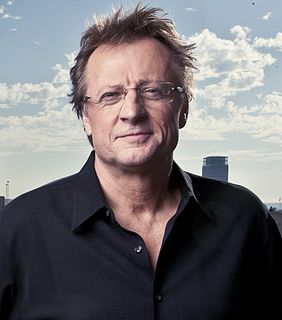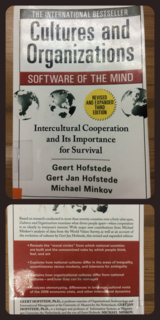A Quote by Mark Goulston
More often than not, CEOs are conflict-avoidant because their role is to define vision and strategy than it is to get into confrontations with negative and toxic people which they can't stand.
Related Quotes
Many times when people have a vision, they think in terms of a big vision - I want to take my city for Christ. But the problem with many pastors and this type of vision is this: they haven't developed the strategy to fulfill that vision. A pastor preaches a dream or vision to his/her people, they get excited for a week, a month, or a couple of months, but there is no strategy, planning, or process to fulfill that vision.
It's more important than ever to define yourself in terms of what you stand for rather than what you make, because what you make is going to become outmoded faster than it has at any time in the past. ...hang on to the idea of who you are as a company, and focus not on what you do, but on what you could do. By being really clear about what you stand for and why you exist, you can see what you could do with a much more open mind. You enhance your ability to adapt to change.
The vision of the anointed is one in which ills as poverty, irresponsible sex, and crime derive primarily from 'society,' rather than from individual choices and behavior. To believe in personal responsibility would be to destroy the whole special role of the anointed, whose vision casts them in the role of rescuers of people treated unfairly by 'society'.
Constant conflict is actually often good politics. Because the more you can inflame your supporters the more likely they are to show up at election day. And if they're more inflamed than the other side, even if the other side has more people agreeing with it, you'll win, because your crowd will show up.





































